Creating Vibrant Communities
People want to live in, work in, and travel to places with character, with amenities like parks, trails, and local dining and retail. Investing in the visual qualities of communities improves their economic vitality, livability, and sustainability. To attract the type of development and economic opportunities that sets communities apart, local governments must balance the interests of corporations and developers with the needs of the community.
The Trouble with Sprawl
The alternative to thoughtful, deliberate growth and planning is sprawl—a short word for a long list of afflictions, including rapid consumption of open space, prime farmland, forests, historic sites, and scenic landscapes.
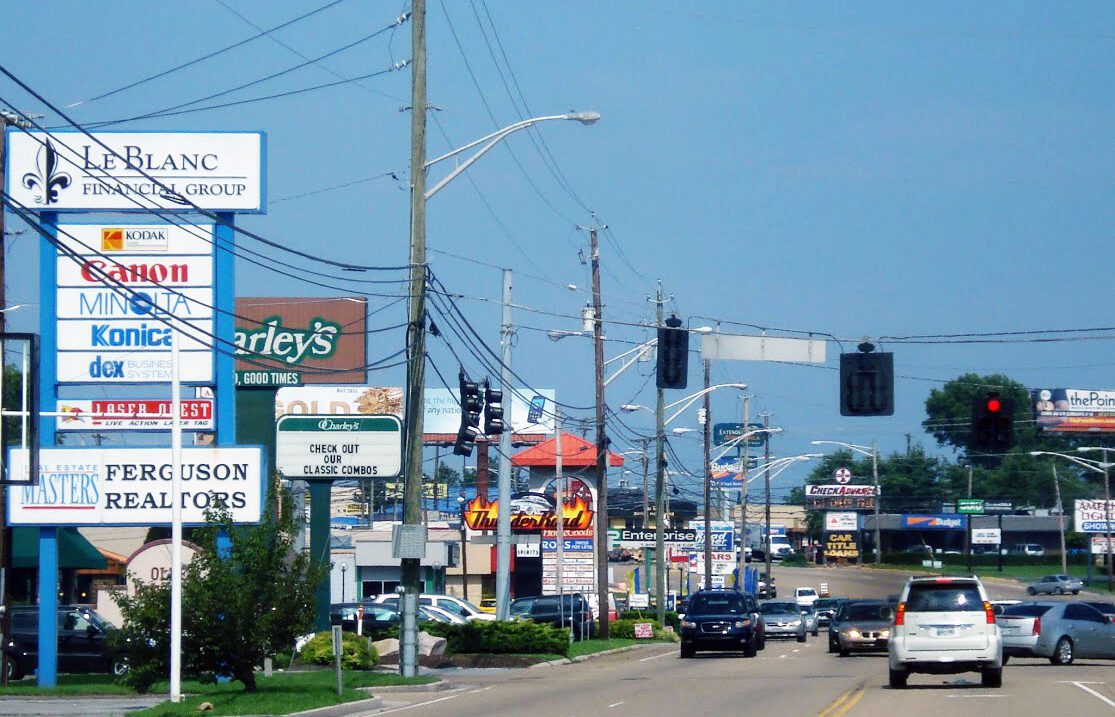
The Importance of Smart Community Planning
Cities that implement poor planning or design choices, or that let visual blight proliferate, gradually degrade the unique qualities of these places. Recovery from loss of community character is a difficult process. Unplanned urban and suburban growth undermines the distinctive character and individual sense of place of communities. Relying largely on voluntary systems of design guidelines, review, and compliance has left large gaps in our ability to protect and improve community character.
City planners, historic district commissions, and design review boards play a critical role in preserving and enhancing community character.
Smart growth initiatives recognize the relationship between development patterns and quality of life. By applying smart growth strategies, local citizens can fight haphazard sprawl and create communities that reflect their unique character and are a source of pride and inspiration for residents and visitors alike.
We favor growth that is attractive, affordable, accessible, equitable, and good for our environment.
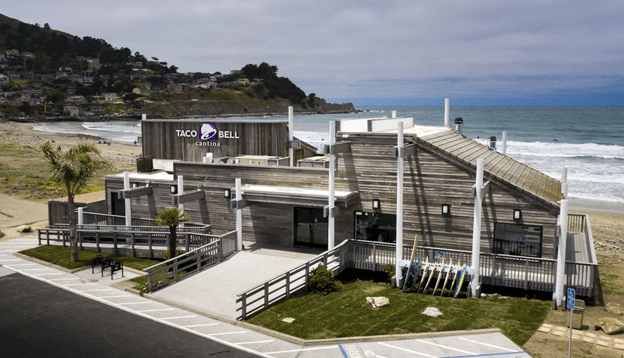
Corporate Franchise Design
Corporate franchise design impacts community character. As corporations seek to open locations in urban and suburban settings, city planners must work closely with franchise owners and developers to harmonize corporate design requirements with the existing, unique character of a community.
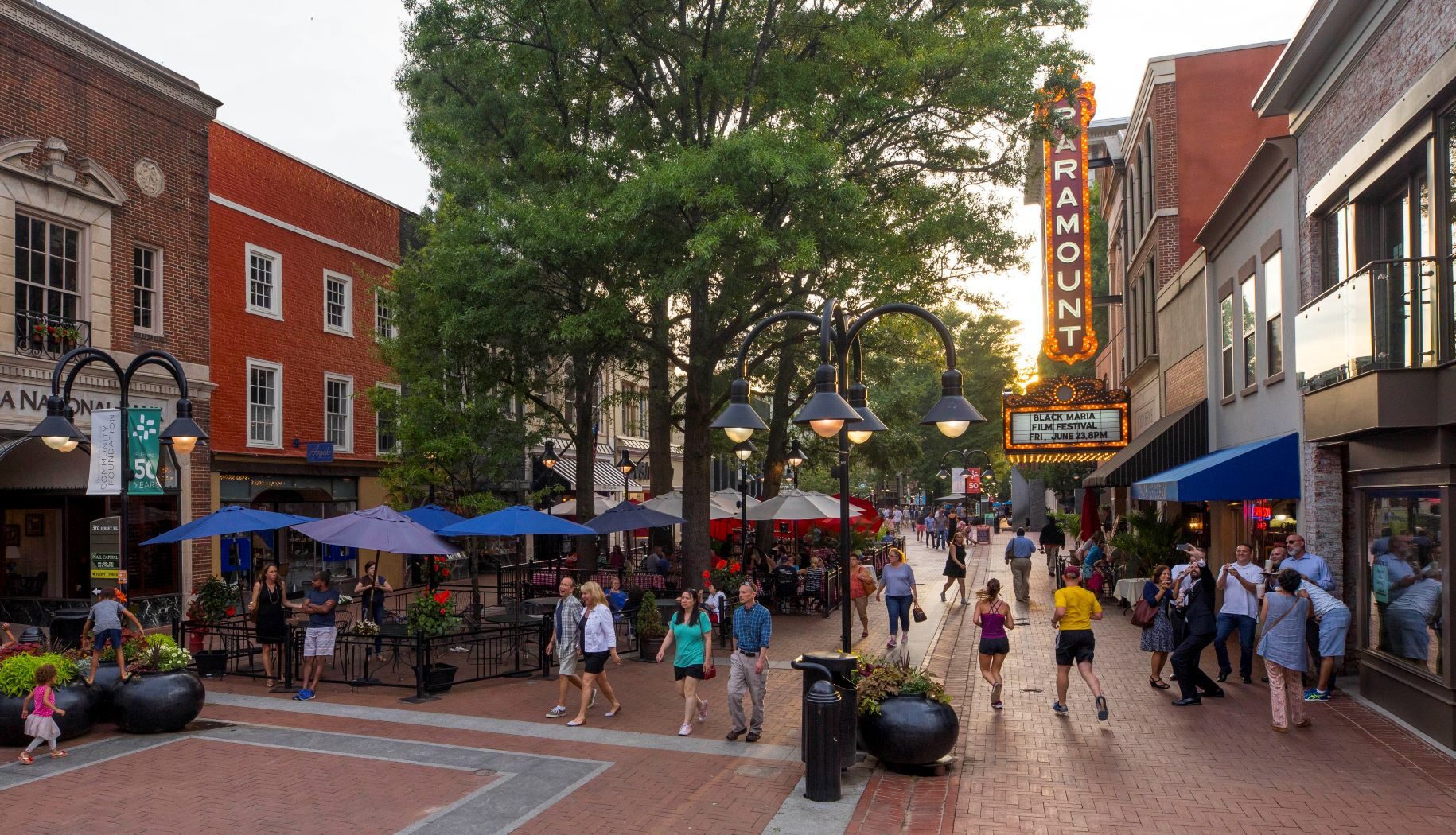
Place Making Institute
Co-founded by Scenic America’s chair emeritus, Ronald Lee Fleming, the Place Making Institute helps communities to preserve their character while working with developers.
Placemaking Spotlights
-
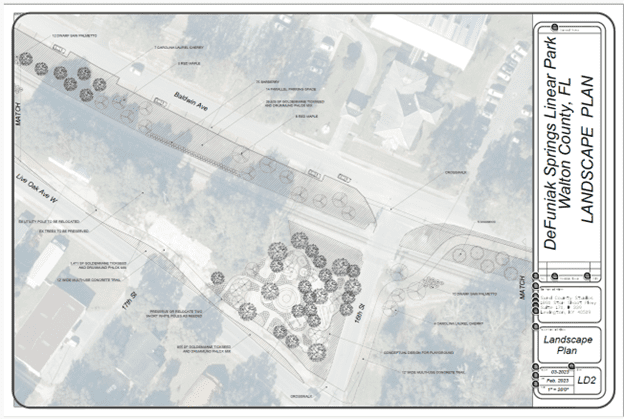 Linear Park in West DeFuniak Springs
Linear Park in West DeFuniak Springs -
 Placemaking Institute 2022
Placemaking Institute 2022 -
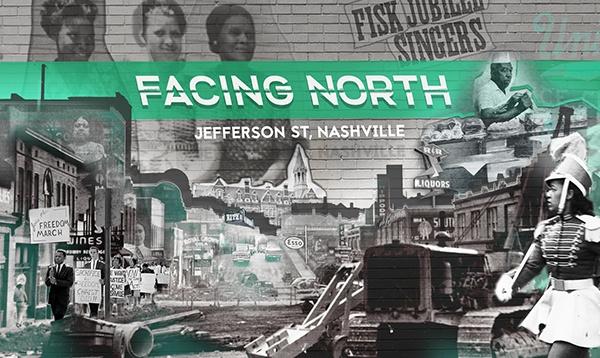 Placemaking Spotlight: Nashville’s Jefferson StreetHistoric Community at a Crossroads is Profiled in Documentary Film Once the northern boundary of…
Placemaking Spotlight: Nashville’s Jefferson StreetHistoric Community at a Crossroads is Profiled in Documentary Film Once the northern boundary of… -
 Placemaking Spotlight: Socorro, New MexicoFormer Mission Town is a Hub for Technology, History & Scenic Beauty The town of Socorro, New Mexico, takes its name from the Spanish word…
Placemaking Spotlight: Socorro, New MexicoFormer Mission Town is a Hub for Technology, History & Scenic Beauty The town of Socorro, New Mexico, takes its name from the Spanish word…